Georgia opposition keeps up pressure as government crackdown escalates
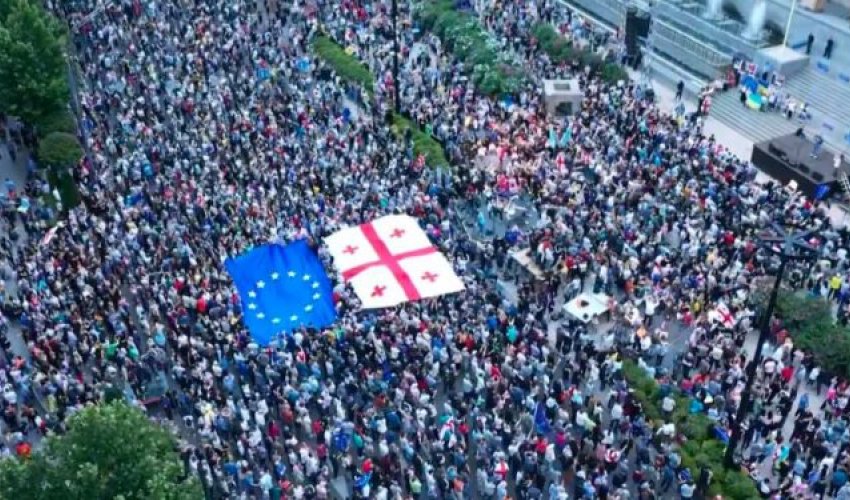
Six months after mass street clashes shook the Georgian capital, protests continue against Prime Minister Irakli Kobakhidze's government, as civil society braces for a fresh wave of repression.
Since November 2024, when Kobakhidze signaled a pivot away from the EU integration path, nightly rallies and periodic mass demonstrations have challenged what opponents call Georgia's drift toward authoritarianism. Despite police crackdowns, hundreds still gather, undeterred by arrests, fines and job dismissals.
In recent months, violence has become more opaque. From December onward, masked groups linked to the ruling Georgian Dream party attacked activists under police cover, a tactic that drew rare condemnation from the influential Orthodox Church.
"They've switched from overt violence to attrition," said a protester who requested anonymity. "But the street hasn’t gone quiet."
May brought renewed momentum. The Tbilisi Open Air music festival morphed into a two-day political rally, with musicians and speakers denouncing government abuses. On Independence Day, 10,000–15,000 citizens marched peacefully in central Tbilisi.
Opposition leaders warn that from June 1, Georgia will enter a darker phase. A foreign agents law and media content penalties come into force, threatening to bankrupt independent broadcasters and silence dissent.
"This is the final stage of their playbook," said a media watchdog official. "Criminal cases, fines, and economic suffocation."
Internationally, Georgia faces mounting isolation. The U.S. and EU have issued warnings; China suspended involvement in Anaklia port; and backdoor contacts with Moscow have frozen. Analysts expect sanctions if repression worsens.
The government denies wrongdoing. It frames the protests as foreign-influenced attempts to destabilize the country and insists the foreign agents law mirrors U.S. norms — a claim widely disputed by legal experts.
For now, a strategic stalemate prevails. The opposition lacks the force to topple the government, while authorities are unable to fully suppress dissent.
"Georgia may not be on CNN every night," said one student activist. "But we’re still here. We haven’t lost. And we’re not backing down."
N.Tebrizli
























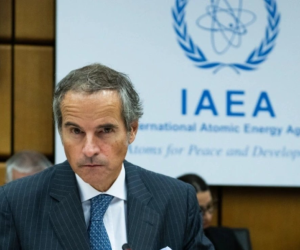
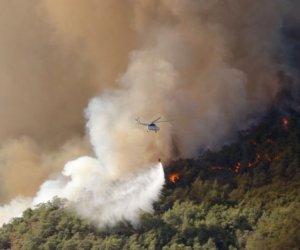
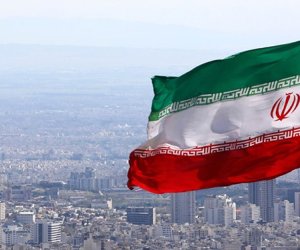
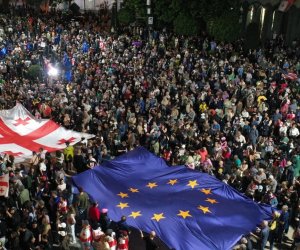
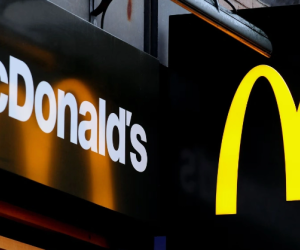

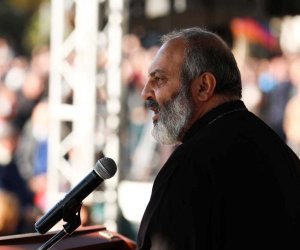

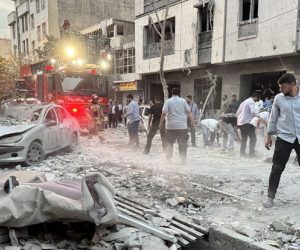



 Photo
Photo 



 Video
Video 

